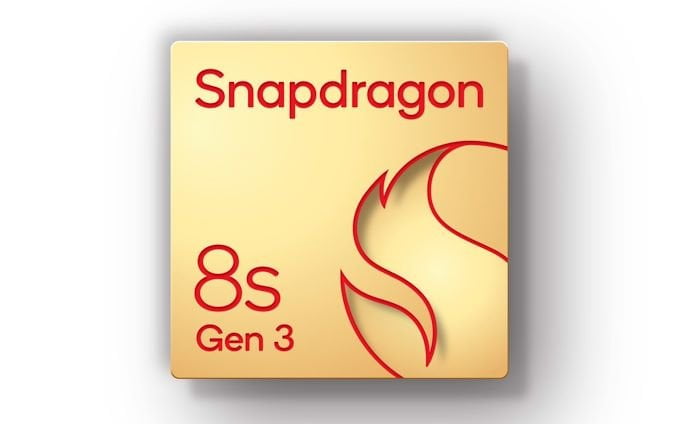Fears around the potential misuse of generative artificial intelligence (AI) tools such as ChatGPT are spreading among IT decision-makers in the UK, with 66% of those who responded to a BlackBerry survey saying they either had banned or were considering banning the service.
BlackBerry’s study, conducted in June and July by OnePoll, asked the opinion of 2,000 IT decision-makers in organisations in the US and Canada, Germany, France, the Netherlands and the UK, and Australia and Japan.
It found that 26% had banned or were considering banning ChatGPT on bring-your-own (BYO) devices only, 23% had banned were or were considering banning ChatGPT on business-owned devices only, and 17% had banned or were considering banning ChatGPT on both BYO and business-owned devices. Some 34% had not banned the service or had no plans to.
In approximately 70% of cases, the bans were driven by the concerns of the IT department and originated from the CIO, CTO or CISO. In 39% of organisations, the decision was driven by the CEO, and in 36% by legal or compliance teams.
Overall, UK respondents were marginally less cautious than their EMEA counterparts. A total of 34% of UK respondents said they had no plans to ban ChatGPT, compared to 28% of EMEA respondents and 25% globally.
In general, UK respondents were most driven to enact bans due to the potential risk to data security and privacy posed by generative AI, and 55% due to the potential risk to their corporate reputation. Almost half (48%) said they had become concerned given their previous experience with a cyber incident or data breach, 47% said acting to align with others who had put bans in place was a motivator, and 39% cited a lack of government oversight or regulation.
BlackBerry CTO Shishir Singh said that many organisations may be being too hasty in their approach to locking down generative AI, adding: “Banning generative AI applications in the workplace can mean a wealth of potential business benefits are quashed.”
Singh urged decision makers to take a more dynamic – albeit still cautious – approach to the nascent technology.
“At BlackBerry, we are innovating with enterprise-grade generative AI, keeping a steady focus on value over hype, and are exercising caution with unsecured consumer generative AI tools.
“As platforms mature and regulations take effect, flexibility could be introduced into organisational policies. The key will be in having the right tools in place for visibility, monitoring and management of applications used in the workplace,” said Singh.
Not so inflexible
But UK organisations may not be as inflexible as the data implies at first glance. In spite of the clear inclination towards enacting outright bans on generative AI applications among ordinary staffers, the majority of UK respondents said that they recognised the opportunity for some controlled use of the technology within the workplace.
The most significant potential benefits anticipated by UK respondents were improved efficiency, innovation and enhanced creativity all cited as benefits. Smaller numbers said generative AI could help them cut costs, improve marketing and promotion, attract younger talent, and defend against cyber attacks.
Asked how comfortable they were with their cyber security provider leveraging generative AI tools in a defensive situation, 74% of UK respondents said they were either very or fairly happy with the prospect, while 15% had no feelings either way, and 7% were either somewhat or very worried about the idea.



